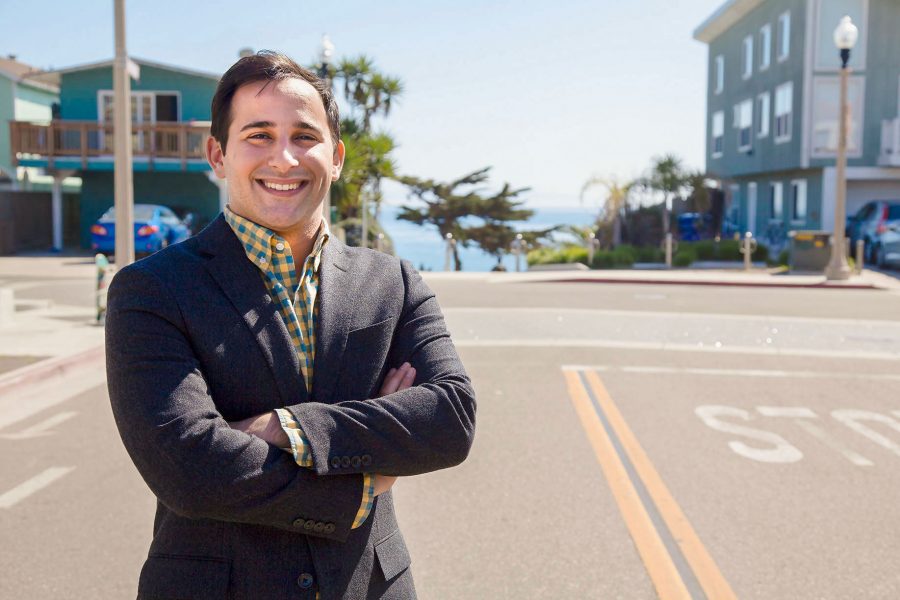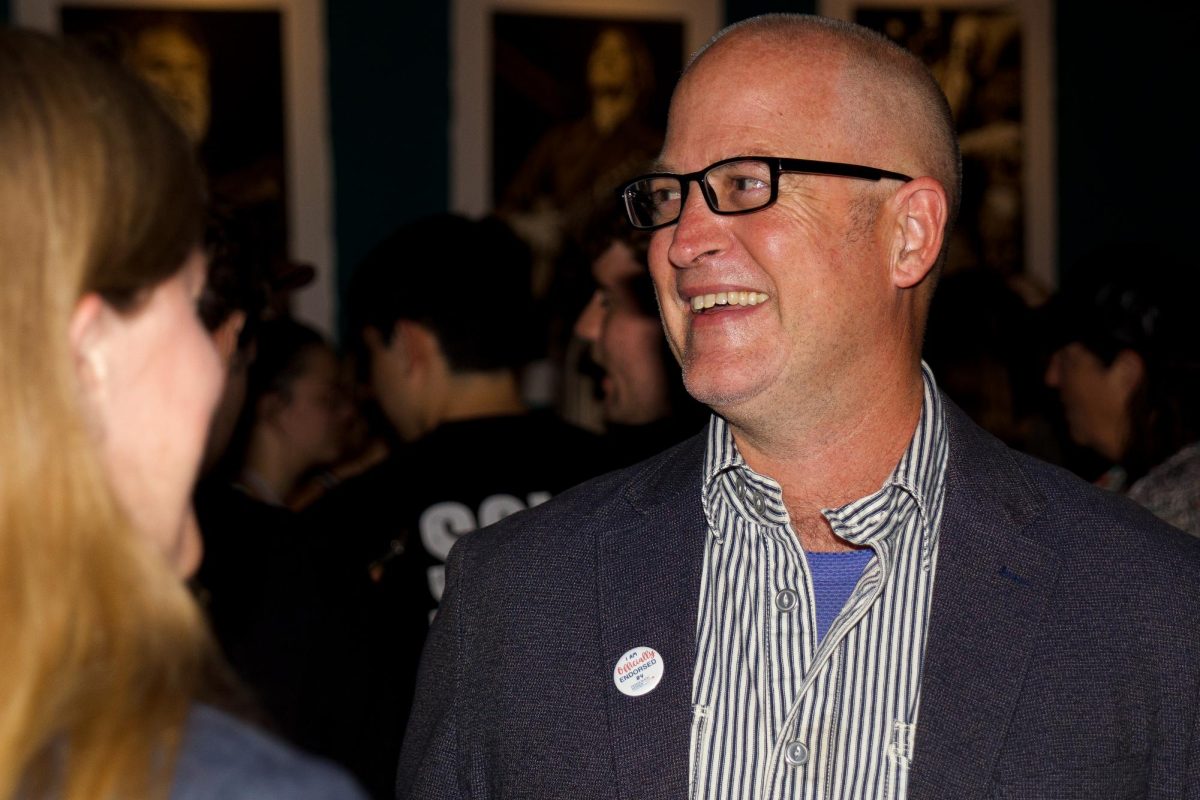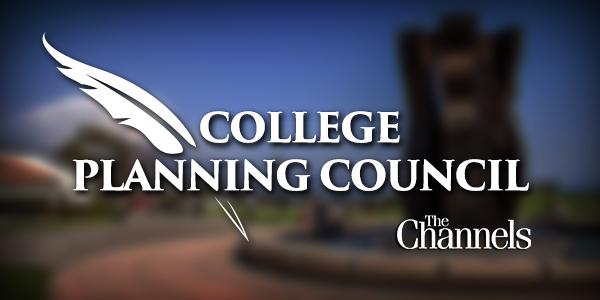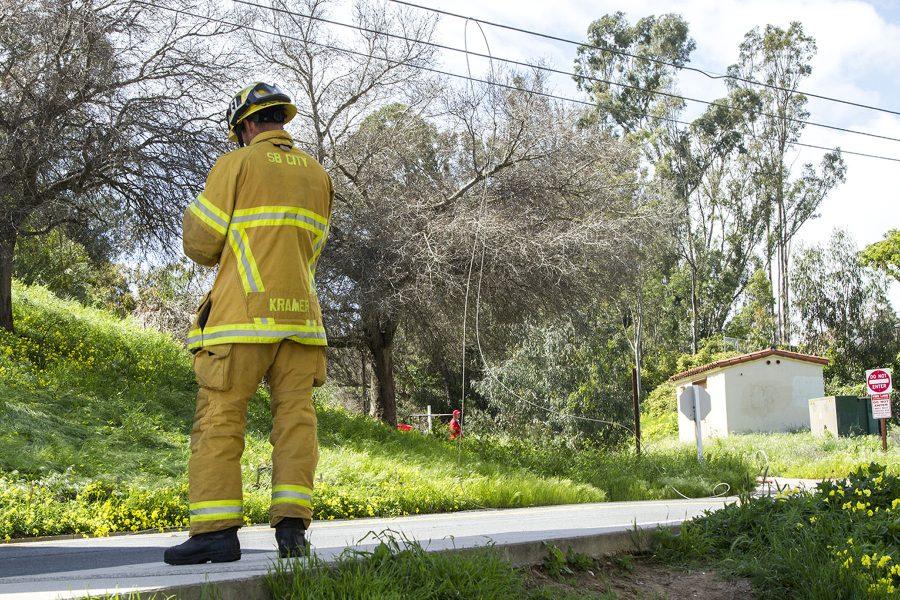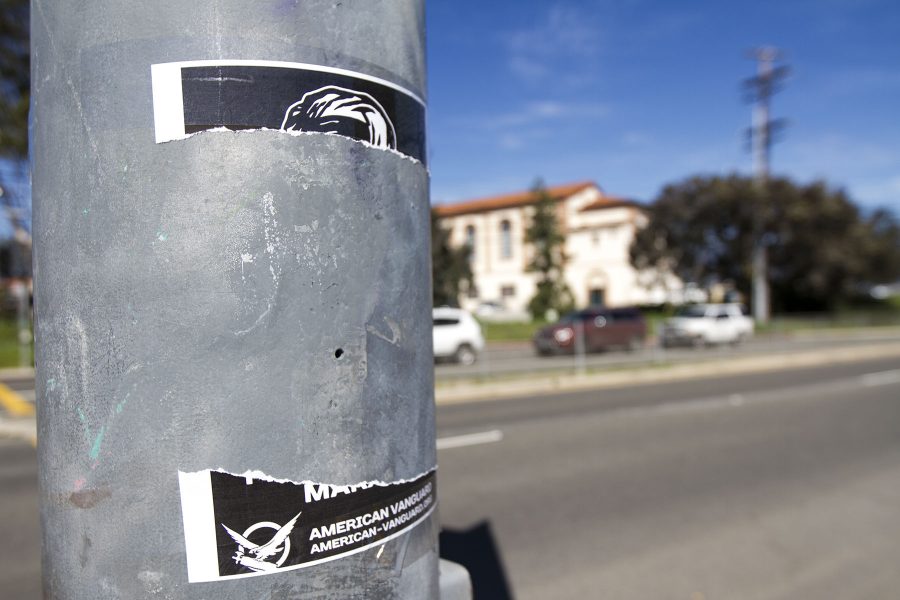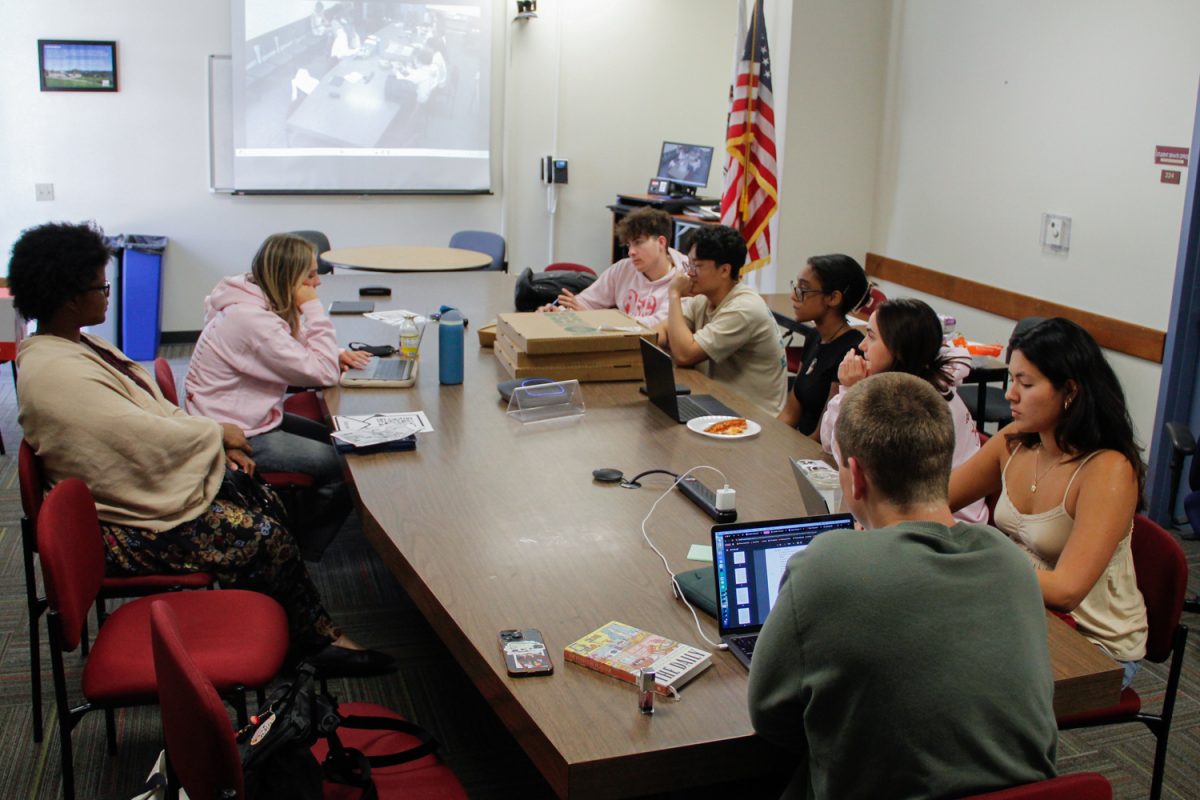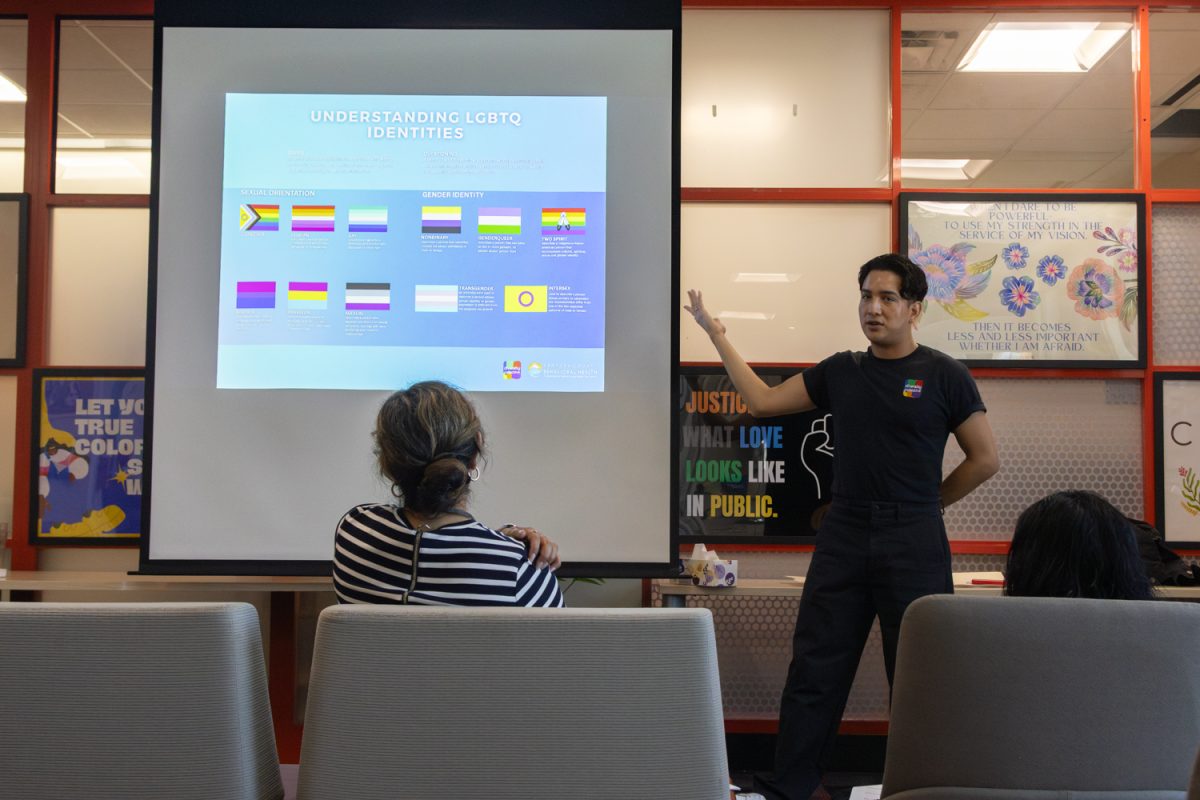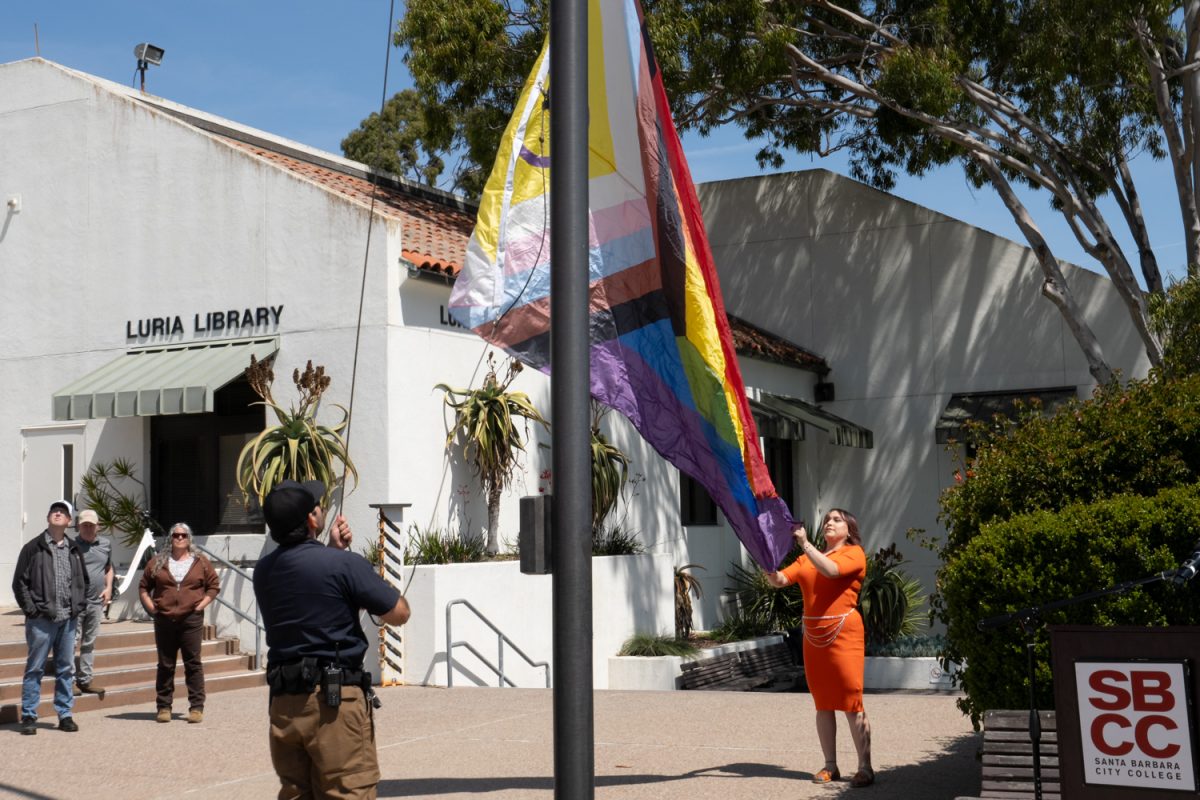After a deep debate of differences during their second meeting of the semester, City College’s Board of Trustees decided to raise its non-residential student tuition fee.
This upcoming fall, the fee will rise for the first time since the 2015-2016 school year from $235 to $258 per semester unit.
“The ways that we have to bridge a $9 million gap are not pleasant,” Board of Trustees president Marsha Croninger said. “I regret that we are required to make the decision now.”
A few board members asked to hold off the resolution, but the decision had to be made immediately. According to Education Code Section 76140, governing boards of each community college must set non-residential fees no later than Feb. 1 of each year.
The code also allows for the district to impose a capital outlay fee along with the non-residential fee. Currently City College’s capital outlay fee is $26 and will increase by $1 next school year. Combining the new capital outlay fee of $27 and the new non-residential fee of $258, the total increased non-residential fee will be $285 beginning next school year.
“It’s unfortunate to have to raise the price of anything, but we do have to exist for the good of the whole diversity in mind,” Trustee Craig Nielsen said.
The decision to raise non-residential tuition will save City College from an added $1 million to its debt. A few of the trustee members had a sympathized for students who are struggling financially.
“If we keep putting this pressure on the back of our out-of-state students, we are going to lose them,” Student Trustee Emily Gribble said.
The board agreed that there is an element of unfairness in raising tuition for students who are currently enrolled. There was also a slight amount of hesitation regarding the rise when the topic of City College’s enrollment drop was brought to the table. However, this could be related to a number of factors like the tremendous student housing costs in Santa Barbara.
To make the final decision, the District recommended that the board use the only option that was not cost-based, stating that tuition should be “no more than 12 comparable states’ average tuition.”
Thus, the majority of the board supported the rise due to a need for an immediate decision.
The board plans to later discuss possible solutions for the remaining issues that this rise in tuition will entail. Some of the solution ideas include giving students a one year notice before raising their tuition and possibly setting students’ original tuition fees for two years automatically.
“These are tough decisions,” said Superintendent-President Dr. Anthony Beebe. “It’s just the beginning.”




